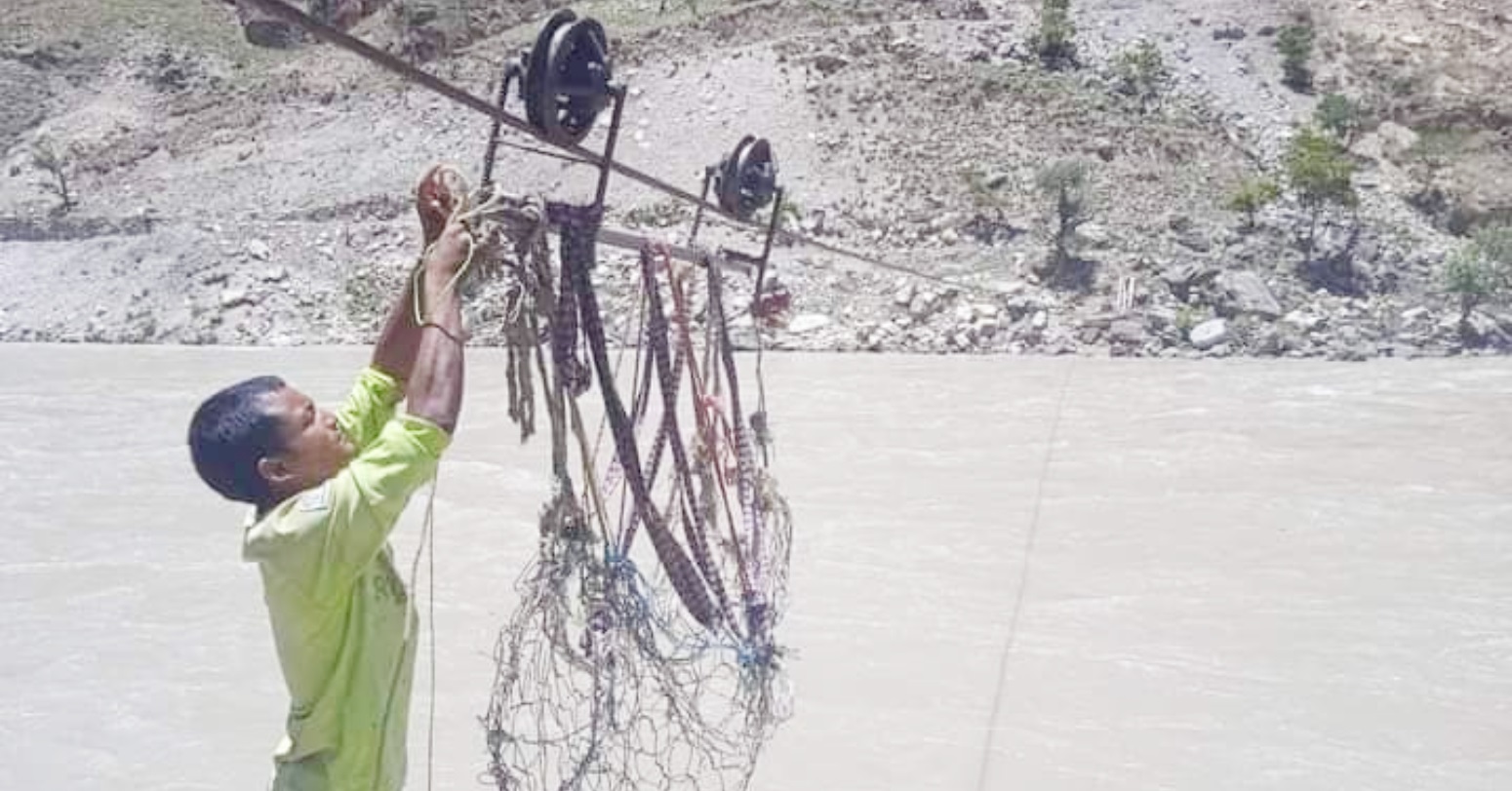
Mrs. Sharmila Pandey is a celebrated film producer from Nepal, whose unwavering passion for storytelling has led her to become one of the most influential figures in the Nepali film industry. Since childhood, she dreamed of making cinema that would captivate audiences and bring Nepali storytelling to the world. In 2016, she took her first step toward that dream with her debut production, Love Love Love, a romantic film that became an instant hit.
Determined to explore different genres, Sharmila continued her journey with Ghar, a chilling horror movie that redefined the genre in Nepal. She then produced Aama, a compelling social drama that addressed significant societal issues, sparking important conversations among audiences. Her next project, Changa Chait, showcased her versatility by delivering a comedy that brought joy and laughter to fans nationwide. However, it was Parastree, a dark thriller, that cemented her reputation as a producer capable of crafting gripping narratives with intense storytelling and psychological depth.
With each film, Sharmila has not only entertained but also challenged and inspired audiences. All her productions have been critically acclaimed and commercially successful, achieving box office success and receiving worldwide distribution. Her ability to create impactful stories that resonate with people across cultures has made her a respected name in the global film industry.
Sharmila's contribution to cinema has been honored with numerous prestigious awards, including accolades from the Government of Nepal and various national and international film festivals.
Q: What inspired you to become a film producer?
Ans: Ever since I was a child, I was fascinated by movies. I wanted to tell stories that could touch people’s hearts and bring Nepali cinema to a global audience. I knew that producing films would give me the creative freedom to shape narratives and bring meaningful projects to life.
Q: Your films have covered multiple genres. How do you choose your projects?
Ans: I believe storytelling should be diverse and should challenge both the filmmaker and the audience. Every film I produce has a purpose—whether it’s to entertain, spark conversations, or shed light on important issues. I choose projects that resonate with me and have the potential to make an impact.
Q: Which film was the most challenging to produce?
Ans: Every film has its challenges, but Aama, my social drama, was particularly demanding. It required a complex narrative, intense performances, and a gripping visual style. Balancing all these elements was a challenge, but it was also one of the most rewarding experiences.
Q: What has been the proudest moment of your career so far?
Ans: Winning prestigious awards and seeing my films appreciated worldwide has been an incredible honor. But the proudest moments are when audiences connect with my films, when I hear how a story touched someone’s heart or changed their perspective. That is what truly makes this journey worthwhile.
Q: What’s next for you?
Ans: I am currently working on the sequel to Aama, my critically acclaimed social drama. The first film sparked important discussions, and I feel there’s more to explore in that story. The sequel will delve deeper into the themes of social justice and personal resilience, and I am excited to bring it to the audience. Additionally, I aim to continue pushing the boundaries of Nepali cinema, ensuring our stories reach a broader international audience.





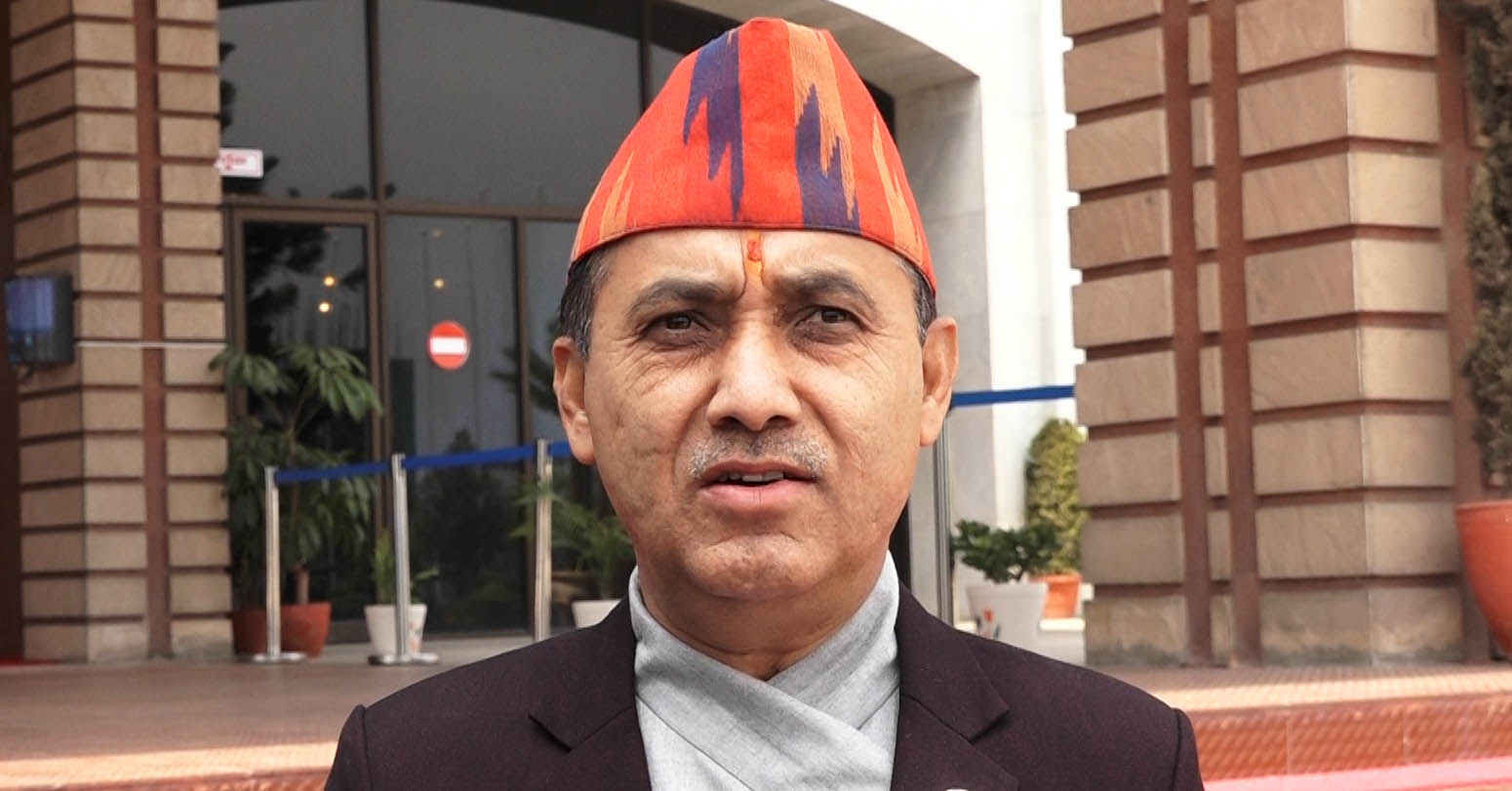
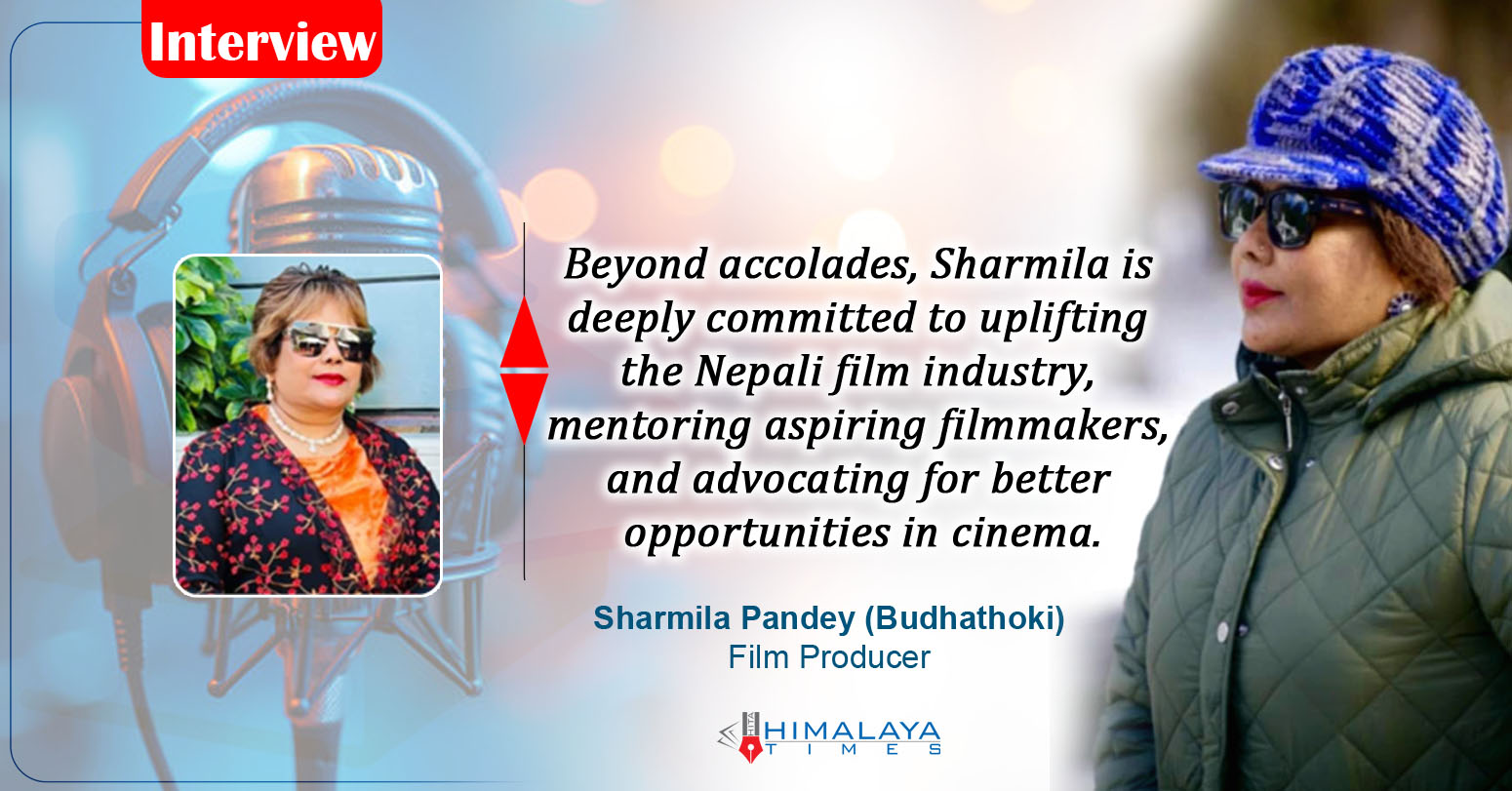
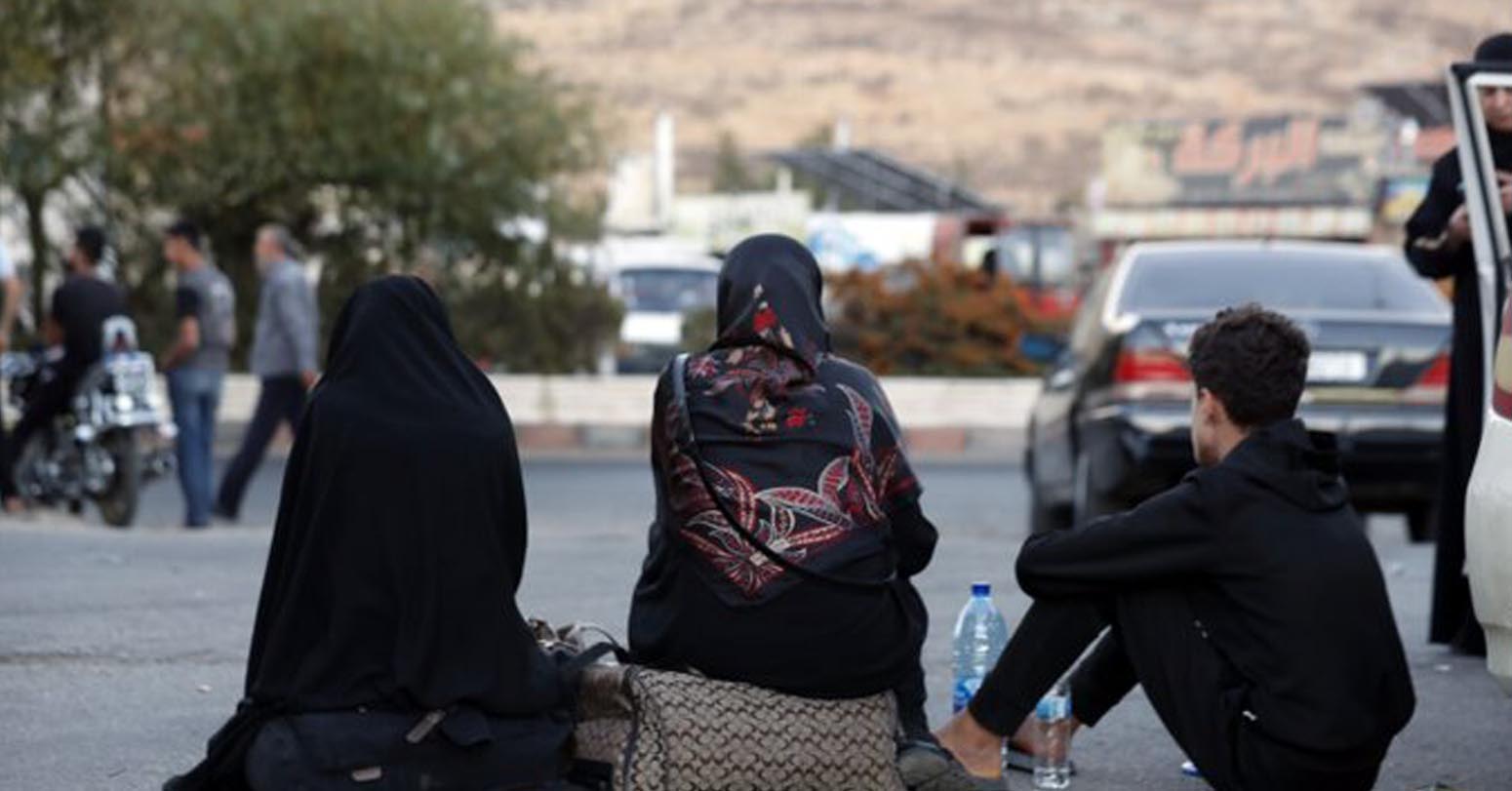

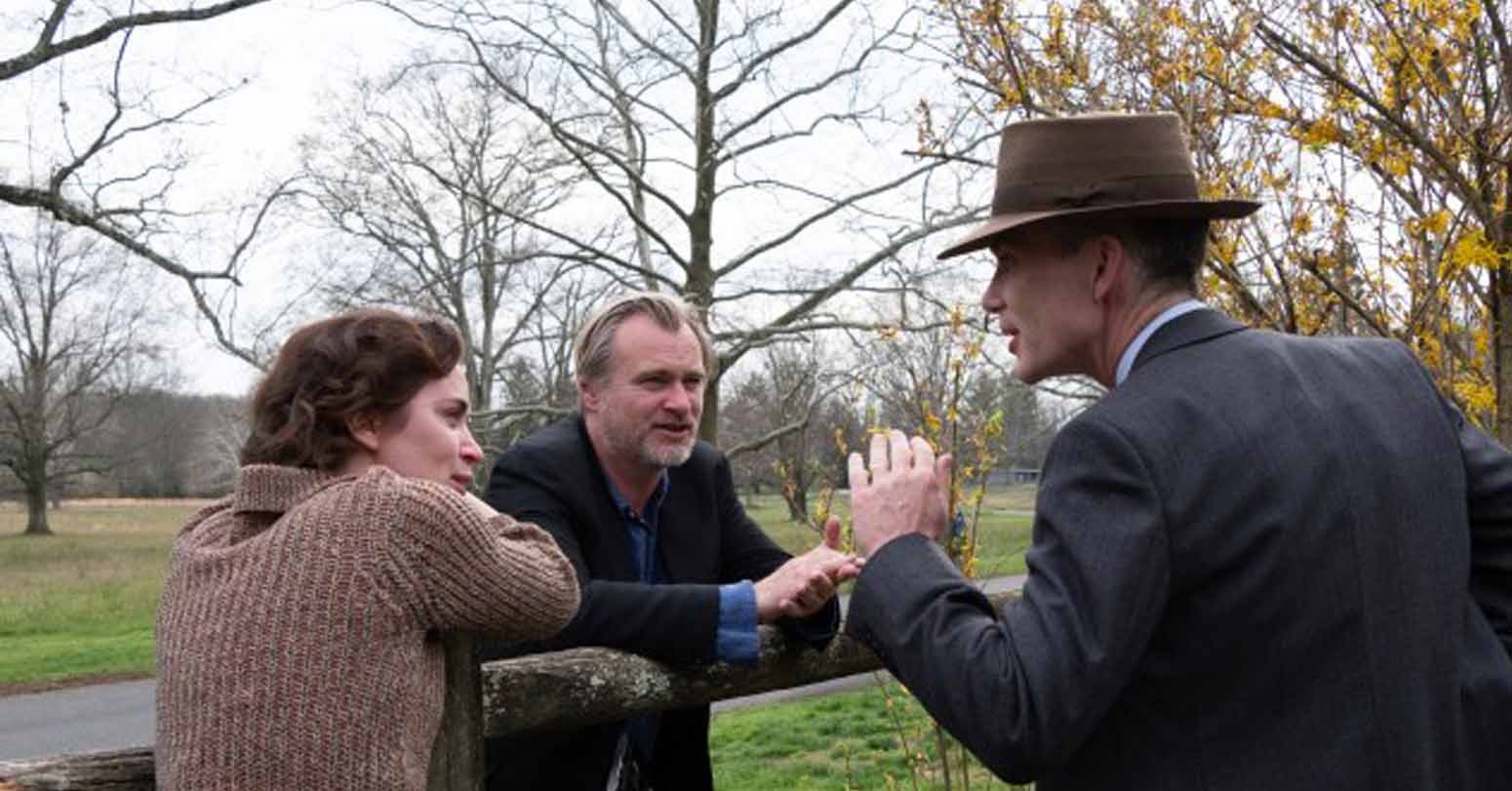

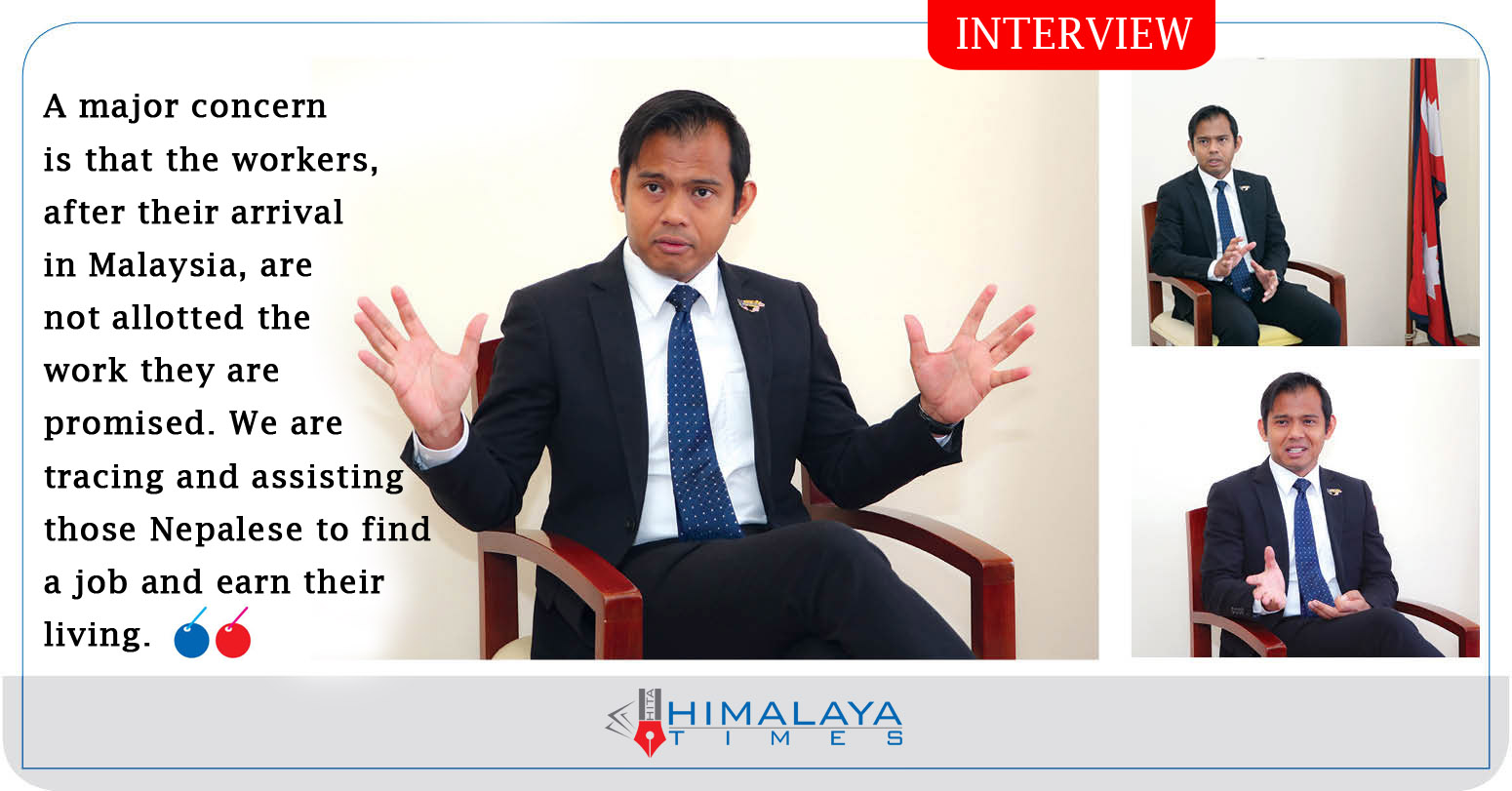
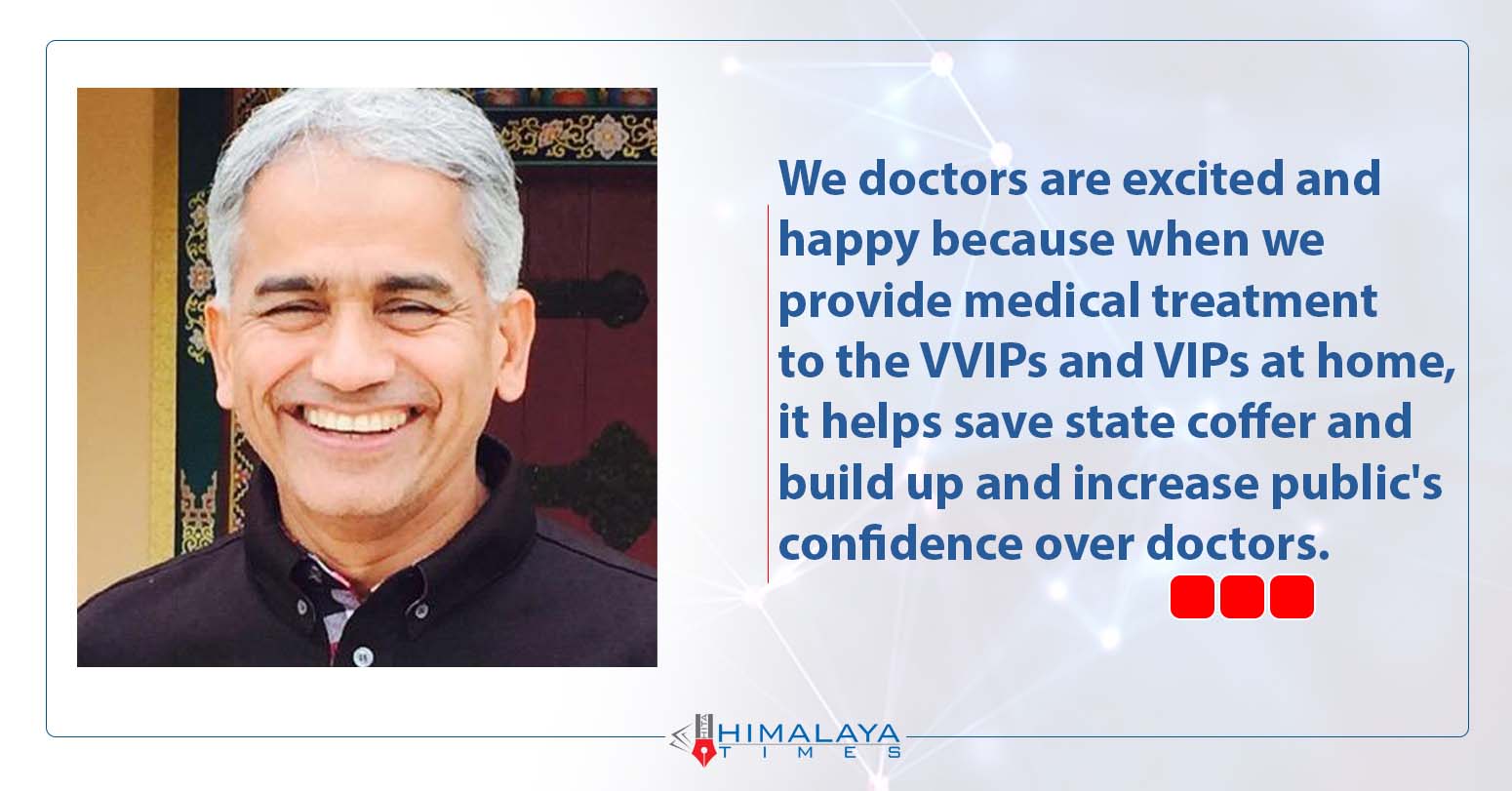
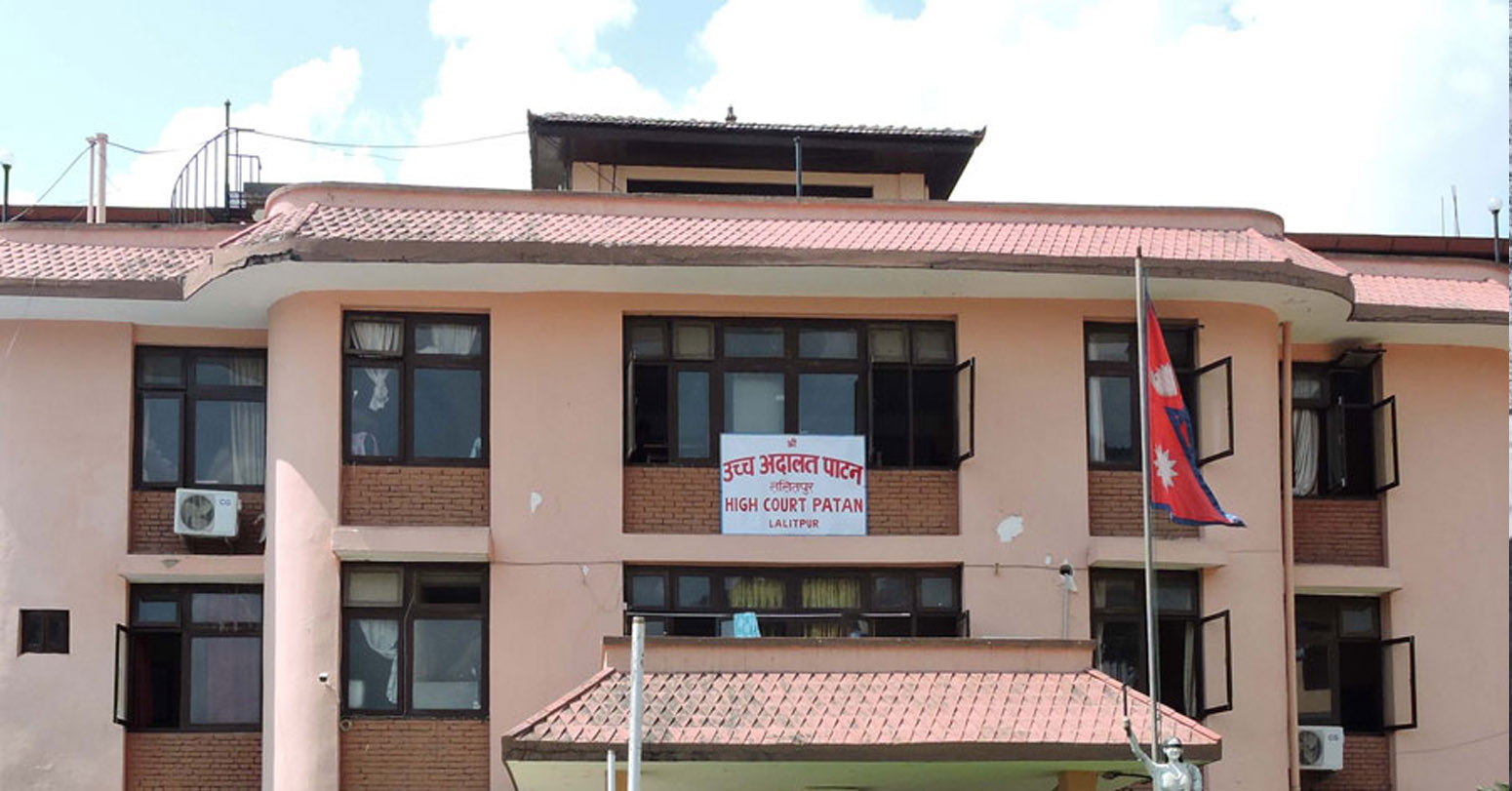
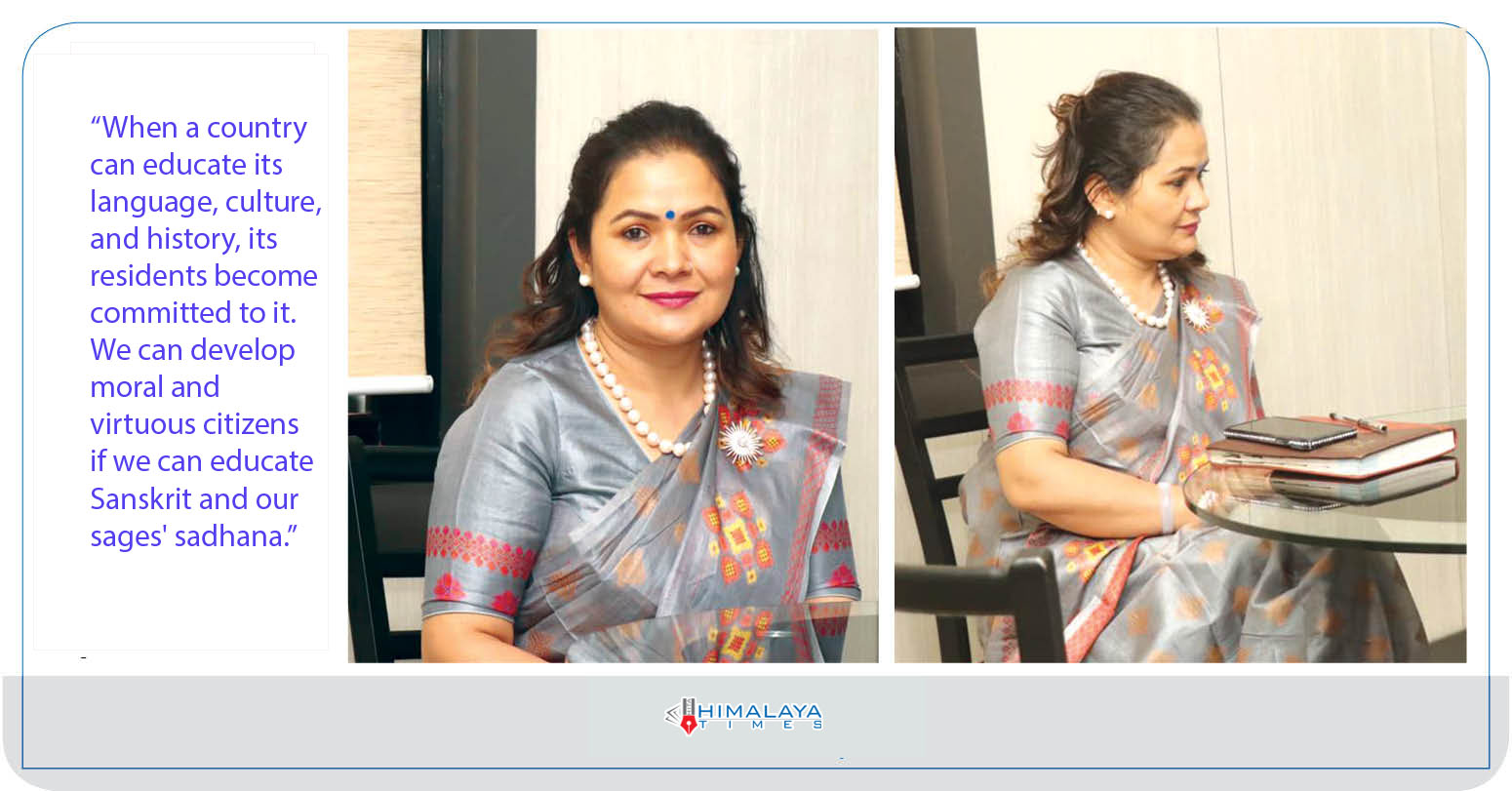
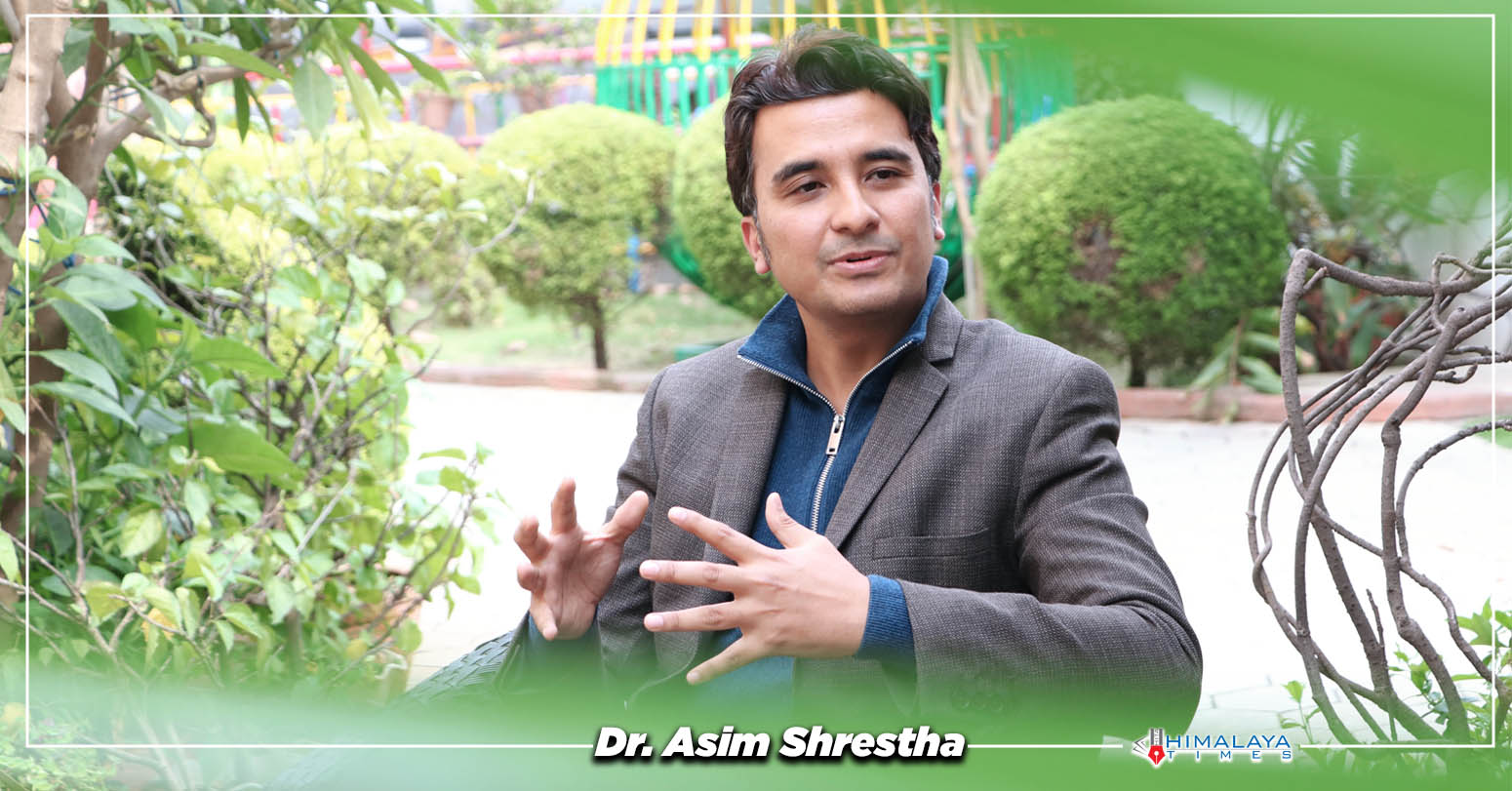
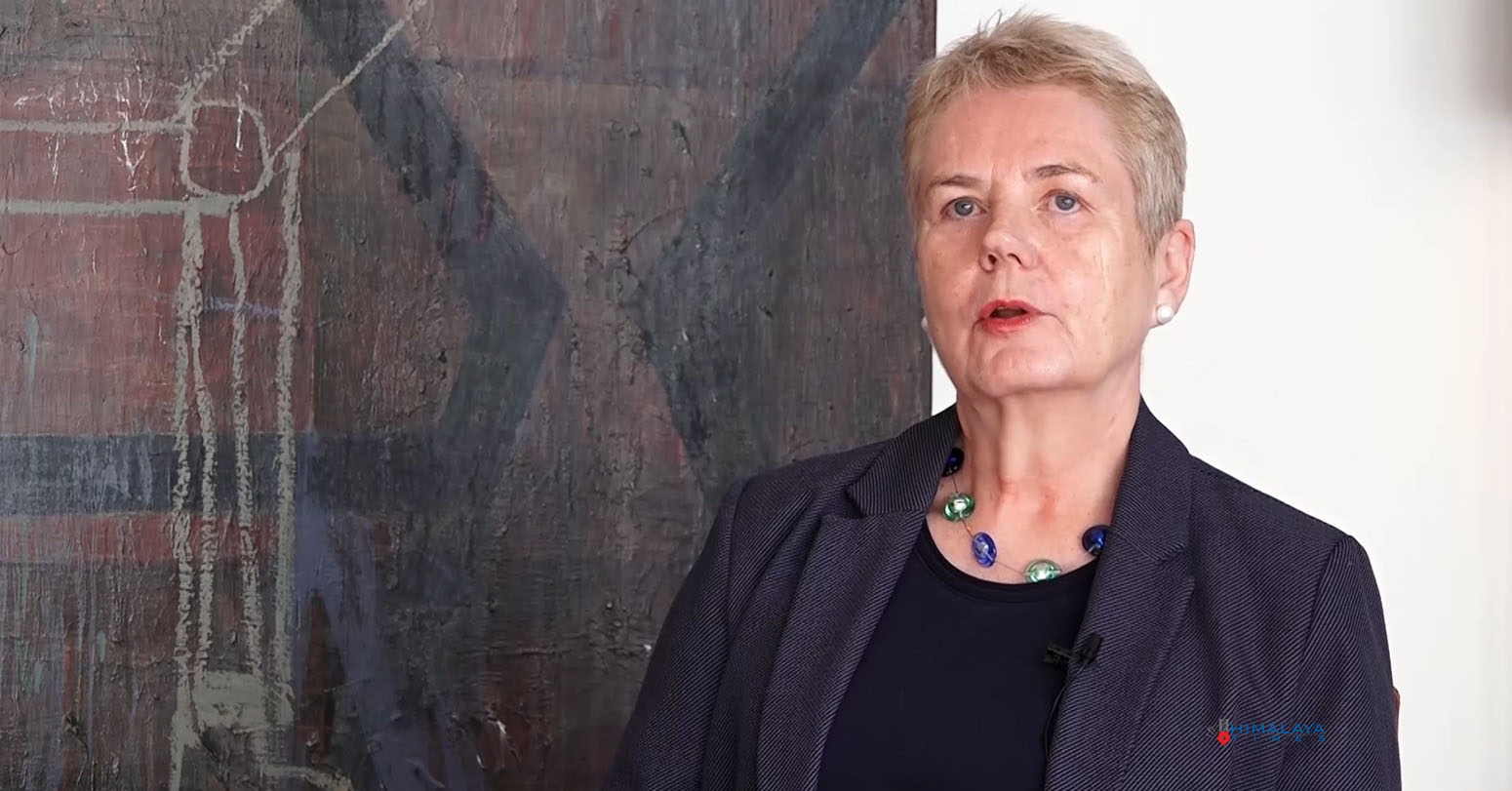
Middle-aged man spends millions to
Dr. Dharam Raj Upadhyay: Man
Breathing The Unbreathable Air
Comprehensive Data Protection Law Critically
Gender Differences In Mental Healthcare
Erosion of Democracy